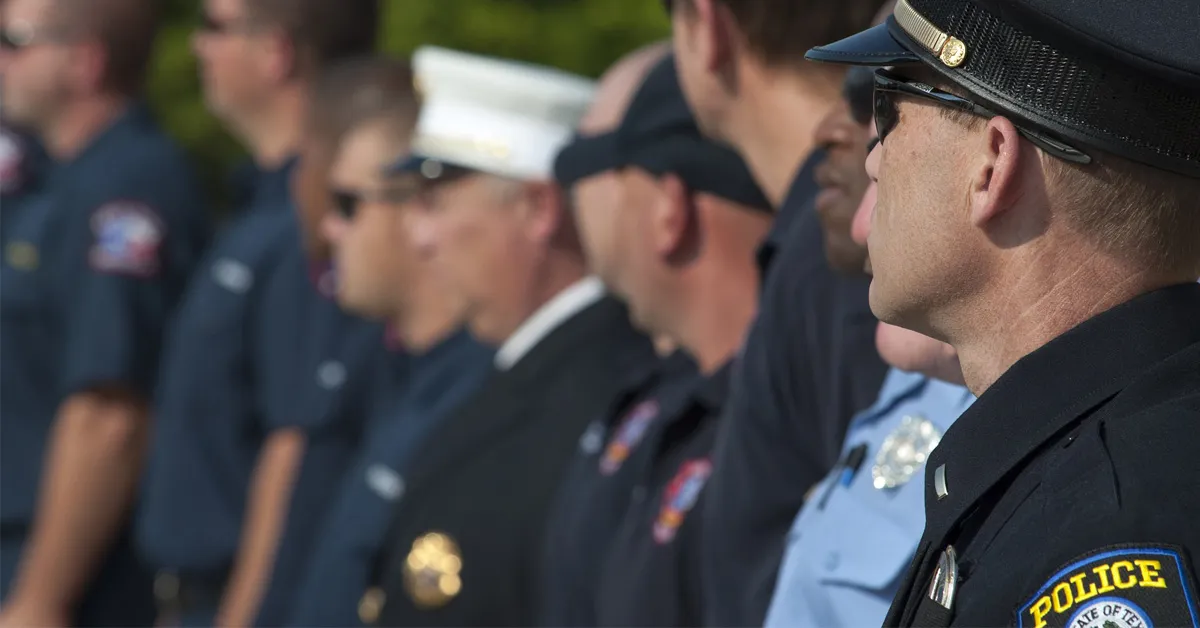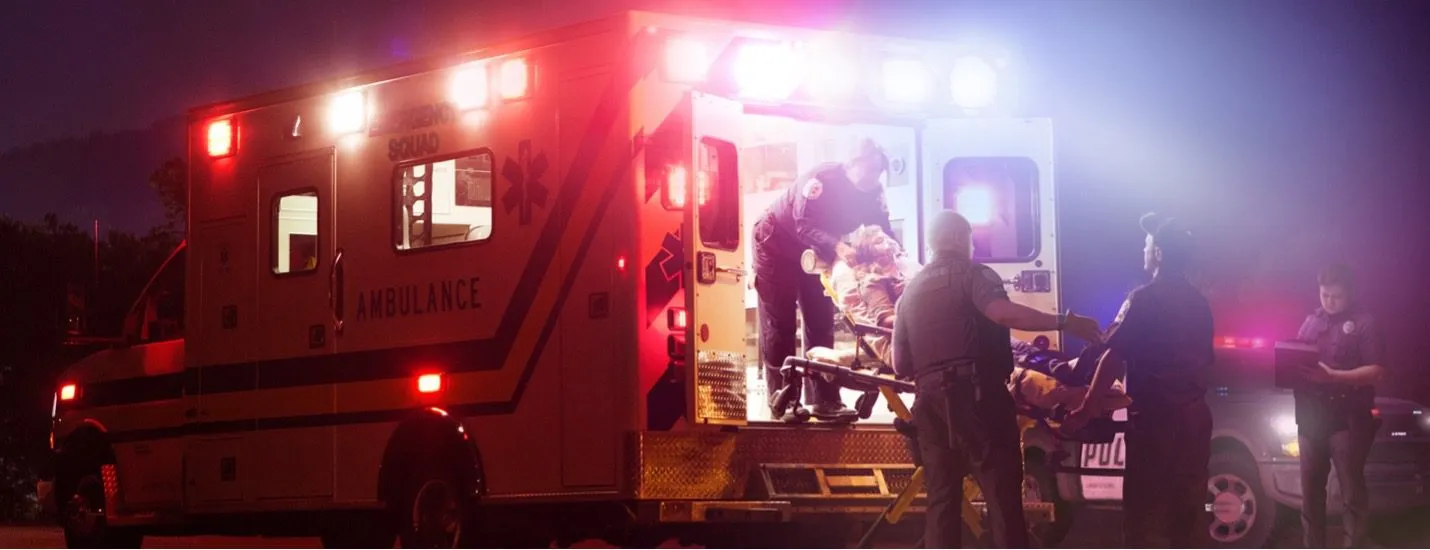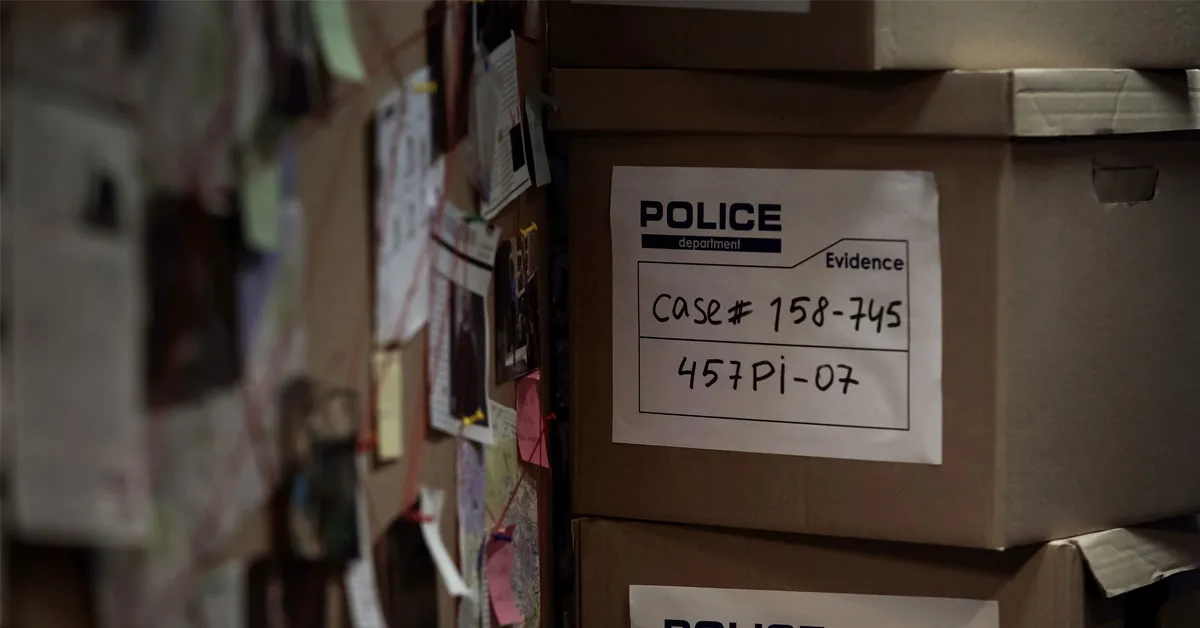
Seven NYPD officers have taken their own life in 2019, as of July 27, 2019. And back in June, Chief Terence Monahan of the NYPD responded to another suicide with a disturbing fact: approximately 100 law enforcement officers across the nation had also taken their own lives to date. This is a national epidemic.
The Ruderman Family Foundation conducted a study, revealing:
- Emergency responders are more likely to die by suicide as opposed to being killed in the line of duty
- Emergency responders have a higher risk of mental illnesses associated with suicide
- The actual number of suicides in the emergency responder community may be under-reported by up to 60%
- Stigma, shame, a negative impact on the emergency responder’s career, and other factors hinder emergency responders from seeking mental health help
But this crisis goes beyond the statistics. Even one police officer’s suicide is too many and a significant cause for concern. Why is this happening?
Chronic & Acute Exposure to Critical Incidents
Emergency responders deal with the worst of the worst in our society. We see, smell and interact in many of our nation’s most critical, stressful, painful, and horrific emergency incidents and crimes.
These are chronic exposures. In fact, it has been reported that in the career of a law enforcement officer, they will witness, on average, 188 critical incidents.
In addition, emergency responders experience acute exposure to critical incidents, including mass shootings, transportation accidents, hazardous material incidents, natural disasters, and terrorist attacks, such as the 9/11 WTC Attack.
In fact, in my career as a First Grade Detective in the NYPD’s Crime Scene Unit, I investigated over 2,600 major case crime scenes, which included all manner of homicides (Single deaths to Mass Fatalities), sex crimes, felony assaults, post-blast scenes, arson scenes, hazardous material scenes, high media profile cases, the 1993 WTC Attack, the 2001 9/11 WTC Attack, and the 2001 Anthrax Attack.
The Lack of Mental Health Evaluation
Despite all of these chronic and acute exposures to critical incidents that my unit alone experienced – and units across the country still experience – we were only mandated to be evaluated by mental health professionals after the 9/11 WTC Attack.
Even with that mandate, however, it has been reported that, of all law enforcement agencies in our nation, only three to five percent have programs or training to prevent suicides.
This absolutely needs to change. Law enforcement needs routine mental health evaluation – not just in response to an acute critical incident, but also for everyday chronic incidents that we endure. And I would be remised if I did not include the emergency responder’s families, too.
Improving Law Enforcement Mental Health
In January 2018, President Trump signed into law the Law Enforcement Mental Health and Wellness Act. This law is a step in the right direction, providing funding for various programs and studying the effectiveness of various initiatives to combat suicides in our law enforcement communities.
Additionally, law enforcement and fire personnel are not sitting idly by. Law enforcement officers have established the National Police Suicide Foundation (NPSF) and fire personnel have established the Firefighters Behavioral Health Alliance (FBHA). Both organizations provide outreach, educational awareness of various programs available to emergency responders, and much more.
While the aforementioned initiatives are good, we have to do better for our nation’s emergency responders. We must educate our responders and their families. We must remove the stigmas and anything else that would stop our emergency responders from seeking help. We need our emergency responder agencies to establish annual mandatory mental health checkups for personnel. Mental health is just as important as physical health.
The time for talk is over and the time for action is now.




